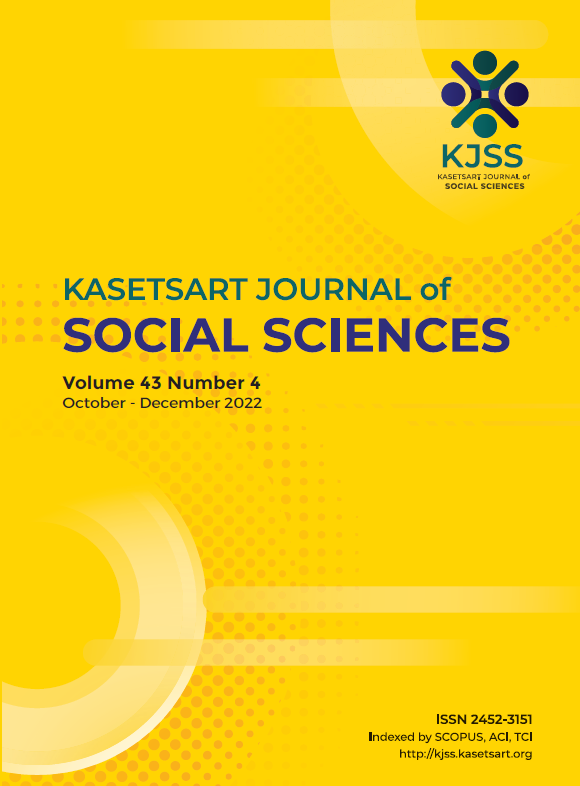Home-based end-of-life care for Thai elders: Family caregivers’ perspectives
Keywords:
caregivers, elder, end of life, home-based end of life careAbstract
Thai elders prefer to spend the end stage of life at home. This situation requires family caregivers to provide formal palliative care. This study explored family caregivers’ perspectives they faced while providing home-based end-of-life care for elders. This study was conducted in 14 primary care centers located in a southern city of Thailand. A qualitative approach with in-depth interview was conducted among 30 elders and their caregivers. The instruments consisted of in-depth interview questions, non-participant observation, and field notes. Qualitative data were analyzed and synthesized for content analysis. The home-based end-of-life care for elders consisted of five categories: (1) caregivers’ burden; (2) symptom management; (3) thoughts about prognosis; (4) unprepared for the end of life; and (5) making decisions regarding treatments and care. Strategies can guide the caregivers to overcome home-based care and develop an effective palliative care for elders.
Downloads
Published
How to Cite
Issue
Section
License

This work is licensed under a Creative Commons Attribution-NonCommercial-NoDerivatives 4.0 International License.
This is an open access article under the CC BY-NC-ND license http://creativecommons.org/licenses/by-nc-nd/4.0/










